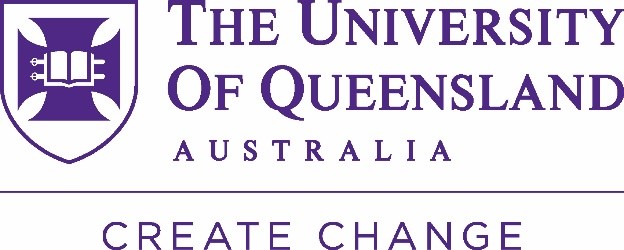
About us
The University of Queensland (UQ) is one of Australia’s premier research institutions, with health and medical discoveries contributing significantly to UQ's research strengths. The success of our health researchers, including our strong partnership with the Queensland health sector, is evident with UQ attracting over $75 million in 2018 from the Australian National Health and Medical Research Council (NHMRC; Australia’s peak funding body for medical research) and over $35 million to date from the Australian Commonwealth’s Medical Research Future Fund (MRFF). Health at UQ is intensive, clinically-relevant and has the demonstrated capability to bring life-changing benefits.
UQ ranks amongst the top 1% of world universities in three international University ranking systems and was recently cited (The Australian Newspaper, Research 2019) as the number 1 institution for dermatology research in Australia. Both UQ and the UQ Diamantina Institute (UQDI) have recognised strengths in immunology and translational research. UQDI is located within the multicentre Translational Research Institute (TRI) and offers access to leading translational medicine research teams from Queensland's premier research institutions: UQ, Queensland University of Technology, Mater Medical Research Institute, and Queensland State Department of Health.
Learn more about us at www.uq.edu.au.
Main role in the project
UQ will coordinate clinical data acquisition and system validation across three study sites. Our main role is to secure ethics committee approval for the clinical and feasibility trials, prepare the standard operating procedures and workflows, and acquire data from 200 participants for the clinical data acquisition trial and 50 participants for the clinical feasibility trial. In the clinical data acquisition trial, we will collect whole-body and dermoscopic images, clinical and genetic data, and compare iToBoS whole-body dermoscopy to conventional dermoscopy, label images for AI training and assist in refining the holistic risk score. In the clinical feasibility study, we will assess the complete iToBoS package by comparing the decisions of the AI Cognitive Assistant with dermatologists’ decisions, assessing the usefulness of the holistic risk score, and assessing the AI automated data extraction module.
